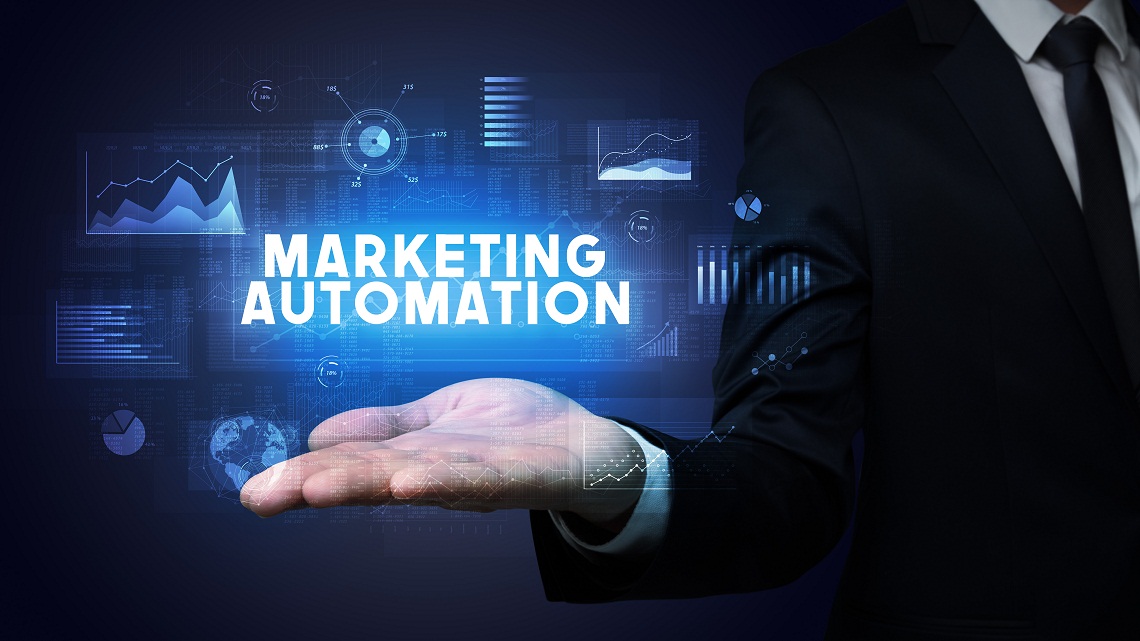
Marketing automation is the use of software and digital tools to automate email campaigns, social media posting, lead nurturing such routine tasks to achieve workflow efficiency, scalability and enhanced personalization. This leads to a positive impact on streamlining marketing operations as well as helps accelerate the conversion cycle. Automation is integrated across marketing systems including CRMs, CMS, and ad tech and analysis tools. The aggregation is essential to establish a foundation that empowers smarter and impactful marketing strategies in today’s hyper connected and saturated market.
What is Marketing Automation
Marketing automation is the imperative of automating repetitive marketing tasks using technological tools, systems and applications to enhance conversion results, ROI and reduce overall marketing spend. By using these tools and applications, it allows a business to save time on repetitive functions, better target its audience, and align its marketing with its goals.
Core Functions
Prominent marketing automation platforms (MAPs) —HubSpot, Marketo, or ActiveCampaign, contributes:
- Automated email marketing
- Lead scoring and nurturing
- Landing page creation
- Multi-channel campaign management
- Behavioral tracking
- A/B testing and performance analysis
How it integrates across marketing
Marketing automation does not work alone. It connects:
- CRM platforms(Salesforce, Zoho)
- CMS Platforms
- Ad tech
- Analytics tools (Google Analytics, BI dashboards)
These platforms are helping teams to contribute a holistic and personalized experience throughout brand interactions.
How It Works
Marketing automation happens through logic-based workflows based on user behavior, user engagement, and demographic data. For example:
- A prospect fills in a form which leads into a lead nurturing sequence
- A prospect engages with multiple emails across time – lead scoring increase
- A prospect falls within the qualifying range is handed to Sales
Automated sequences allow marketers to be instantaneous and intelligent in their response without any manual efforts.
Why is marketing automation important?
- Scalability and Consistency
As the audience expands, handling solely by human effort becomes infeasible. Automation delivers consistent communication across thousands of contacts regardless of list size or complexity specs.
- Enhanced Customer Personalization
Navigating in accordance with the behavioral data and user profiles, enables you to customize the content, timing, and delivery channel for engagement. This generates enhanced engagement, better relationships and accelerated lead conversions.
- Improved Lead Quality and Sales Alignment
Lead scoring majorly aids in finding sales-ready prospects, reducing time spent with unqualified leads. It creates a stronger Sales and Marketing alignment generating better conversion and shorter sales cycle.
- Time and Resource Optimization
Automating labor intensive tasks, such as scheduling emails, tagging contacts, and running reports saves your team from the bland tasks allowing them to spend more time on refinement of strategy, creativity, and analysis of campaign performance etc.
- Increases marketing ROI
Automation in marketing helps businesses optimize spending, by connecting the right audience, at the right time, with the right message in line with the right programs. Research has shown that companies using marketing automation achieves a high ROI and productivity, estimating 14.5% more productivity.
4 Effective Measures to Strengthen B2B Marketing Automation
- Implement Data-Driven Lead Scoring and Segmentation
Utilizing firmographics (industry, company size), behaviors (clicks, downloads), and intent signals to segment contacts will put in motion meaningful actions while also scoring leads so that you can determine when and how to best engage sales.
Brands can leverage some of the 3rd-party intent data, like G2 or Bombora for a more robust lead scoring.
- Align Marketing Automation with CRM and Sales Workflows
Ensure a MAP is integrated to your CRM. This will allow for seamless updates to the contact record, accurate lead tracking and hand-offs from Marketing to Sales.
Metric to measure: MQL to SQL conversion and time to contact.
- Personalize Campaigns Across the Buyer Journey
Set automatic workflows per each stage of their journey—awareness, consideration, decision – to provide content exactly at the right time using eBooks, case studies, demos etc. and keep prospects locked in during their decision-making process. Try implementing action triggered communication tactics to respond instantaneously when a user indicates readiness.
- Continuously Optimize Through Analytics and Testing
Conduct a regular evaluation of performance indicators including click thru rate (CTR), views, conversions etc. Oversee with A/B tests for ad copy, subject lines and CTAs and use those findings to optimize workflows instantaneously. Create dashboards that visualize your MAP data that includes your BI tools for more detailed insights.
Conclusion
In a landscape where visibility is scarce and strategy and innovation surpass the edge, marketing automation allows your brand the advantages of relevance at scale. It gives your team the ability to act faster, think smarter, and convert—while expending less manual effort and more effort strategically.
However, automation is not a preconfigured solution. It is a system that requires clarity, alignment and continuous optimization. When well done, it could provide your competitive advantage—becoming your marketing engine to a revenue-generating, data-informed growth machine. The time to start leading smarter is now! Your future customers expect you to.
To read more visit, APAC Entrepreneur.
